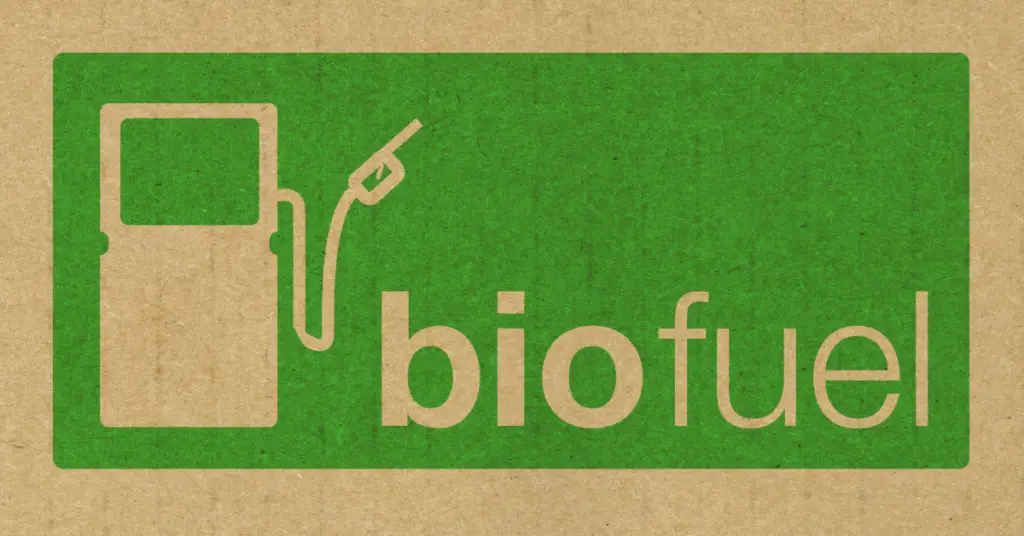For better or worse, our society is dependent on motor vehicles. For most of us, our daily lives are filled with vehicle trips, for just about every out-of-home need and activity we undertake.
As the exhaust from our vehicles is rich with carbon dioxide, this means that trips to school, work, the grocery store, and the beach contribute to global warming. The good news is that there are fast developing new alternatives for meeting our transportation needs without imperiling polar bears or jeopardizing our future.
Running diesel vehicles on biodiesel fuel has become an accessible option for
more households and businesses that don’t want melting glaciers and choking
fumes to be a side effect of their transportation choice.
Biodiesel is made primarily from vegetable oil, such as soybean oil. In its purest form, it is petroleum-free, but it is commonly mixed with regular petroleum diesel fuel to
create various lower-cost and more engine-compatible biodiesel blends.
Most commonly available today is “B20,” a blend of 20 percent biodiesel and
80 percent regular petroleum diesel.
B100—or pure biodiesel—is sparsely available today, and is twice as expensive now as petroleum diesel (30-40 percent more than B20).
Vegetable oil becomes biodiesel when a chemical transformation causes the glycerin in the vegetable oil to detach from the methyl esters, or the remaining
the content we call biodiesel.
You may have seen news stories about do-it-yourself fuel makers who scoop
up vats of used cooking oil from burger joints, return to their garages, and
concoct their own biofuel for their old, modified diesel cars.
However, the National Biodiesel Board discourages buying homemade biodiesel because it likely fails to meet the strict product specifications and safety standards set by government regulatory agencies. These standards have been set to protect the air, engines and vehicle parts, and you! The National Biodiesel Board suggests buying biodiesel from certified makers and distributors.
For those who don’t have diesel vehicles, there is ethanol, a fuel made from corn, that is rapidly becoming more available across the country. However, research shows that biodiesel cuts global warming emissions over three times more than ethanol when the production, as well as the combustion of the fuel, is considered.
There is growing concern that the energy costs of producing ethanol will make ethanol use ultimately a zero-sum game for the environment. So how does biodiesel benefit the environment? Pure biodiesel cuts carbon dioxide emissions by three quarters. Even the more commonly used B20 reduces the carcinogenic particulate matter and carbon dioxide loads into the atmosphere.
This reduction includes pollution prevented by the cleaner overall life cycle of the fuel’s production. Pure biodiesel is renewable and quickly biodegradable, and reduces our dependence on long-distance petroleum products that, ironically, have to be transported using copious quantities of the same fuel!
Pure biodiesel is also non-toxic and safer, as its flash point—the lowest temperature at which it will ignite when mixed with air—is higher than that of petroleum diesel.
There is one major catch, however: Biodiesel has been shown to produce 10 percent more nitrous oxide than conventional fuel, and this is the emission that causes smog. This is a reminder that the best transportation choices for the environment are the ones that use no fuel at all!
While biodiesel’s availability and use are expanding quickly, the cost of this fuel may render it a non-option for you right now. The good news is that the federal government now requires all petroleum diesel fuel to be cleaner (by way of lower sulfur content), and there are new technologies to retrofit diesel engines in ways that reduce dirty, sooty particulate emissions from traditional petroleum diesel by over 90 percent.
Thanks to biofuel development, the diesel vehicles we used to associate with their smelly, smoke-belching ways can now help to halt global warming. Earth Biofuels is working to reverse the reputation of diesel by naming their BioWillie brand biodiesel, after legendary country performer Willie Nelson.
You too can help the humble soybean become a key part of the global warming solution. Even your favorite diner or donut shop can be a part of the biofuel solution by providing biodiesel companies with their used cooking oil.
Companies like Standard Biodiesel in western Washington State make it easy for
restaurants to recycle their used oil— and get paid for their participation in the clean energy revolution

Erzsebet Frey (Eli Frey) is an ecologist and online entrepreneur with a Master of Science in Ecology from the University of Belgrade. Originally from Serbia, she has lived in Sri Lanka since 2017. Eli has worked internationally in countries like Oman, Brazil, Germany, and Sri Lanka. In 2018, she expanded into SEO and blogging, completing courses from UC Davis and Edinburgh. Eli has founded multiple websites focused on biology, ecology, environmental science, sustainable and simple living, and outdoor activities. She enjoys creating nature and simple living videos on YouTube and participates in speleology, diving, and hiking.

